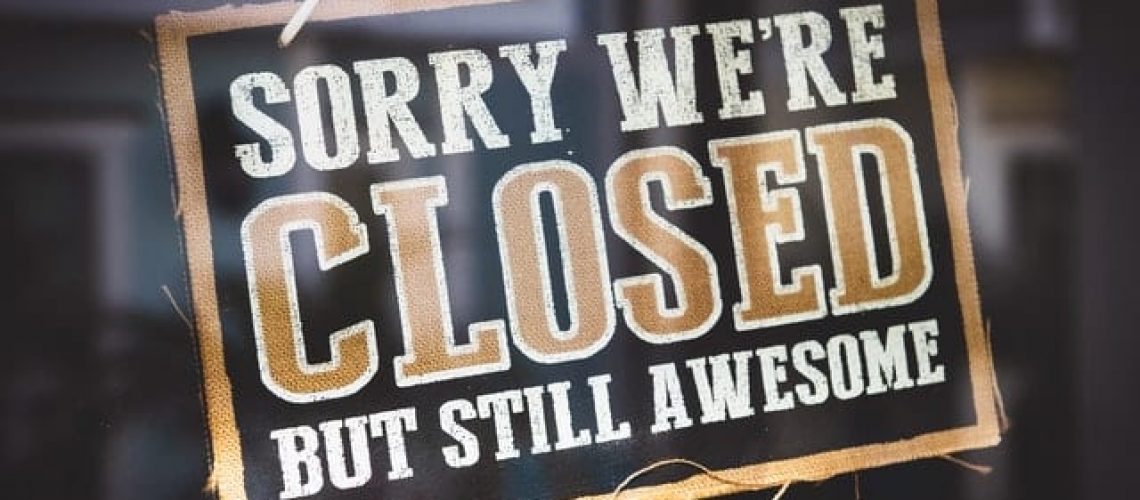Every year thousands of limited companies are formed – and thousands are closed down. Some of these are formally liquidated but a greater number are removed from the Register of Companies through an administrative dissolution process known as ‘striking off’, under Section 652 of the Companies Act. So if you want to get rid of your limited company, what’s the best route to take?
Liquidation or Striking Off?
A liquidation is a very formal legalistic thing. Sometimes it is because the company is bankrupt and your creditors will force it to happen. Other times it is a way to cash-in on the money inside a company, and the directors make it happen. A licensed insolvency practitioner is the only person who can officially carry this out, and it is a costly process.
A strike off is less legalistic and is more of an administrative process. This can be because a company is insolvent or, more often, just because the company has come to the end of its useful life. This can be a DIY process, and is very inexpensive. Companies House can also strike a company off if it fails to file accounts or a confirmation statement.
Like a lot of things, closing your company down is something you should take advice about – whether your company is insolvent, or has cash to distribute.
Also, if you want to resurrect or restore your company after a strike off, then you normally can – in which case, ask us for more details.
Which is best?
If you are running a company and decide it’s time to close it down, then which is the best way to do that? Normally it depends on cash and risk.
How much cash is in the company?
If you have more than £25k in the company’s bank accounts then quite probably you need to think about liquidating using a Members Voluntary Liquidation. The reason for this is that the final payout to the shareholders by a limited company can be taxed as a capital gain…but HMRC have a limit of £25k for this to happen by way of a striking off. Over this you need to use a liquidation or pay income tax on the payout.
How insolvent are you?
If you are looking to close your company because it is insolvent then quite often a liquidation is the way to go. The more your company owes, the more likely it is that you should look at liquidating. However, if you don’t have the money to be able to fund a liquidation then you can consider a striking off application instead. Very importantly, don’t pay money out of your insolvent company before checking you are doing the right thing. Always take advice first!
What are the risks?
A liquidation is such a legalistic process that normally this minimises the risks that anything can come back and bite you later; although, the liquidator has to make a report to Companies House on your conduct as a director.
On the other hand, with a strike off, you can end up with some personal liability. Especially if you haven’t followed the process properly. Therefore the riskier your situation, the more likely a liquidation is going to be the best choice.
Bona Vacantia?
If, when your company is struck off, it owns an asset, like a bank account or a property etc, then that asset becomes the property of the Crown. Note that director’s loan accounts, patents, tax refunds etc, may all count as assets of the company. Make sure you deal with any assets, such as closing your company bank account, before going for a striking off! But if it did own an asset then you may be able to get the company and that asset back by restoring it.
The key issue if you’re looking to get rid of your limited company is to take advice – if you want our help then get in touch.







